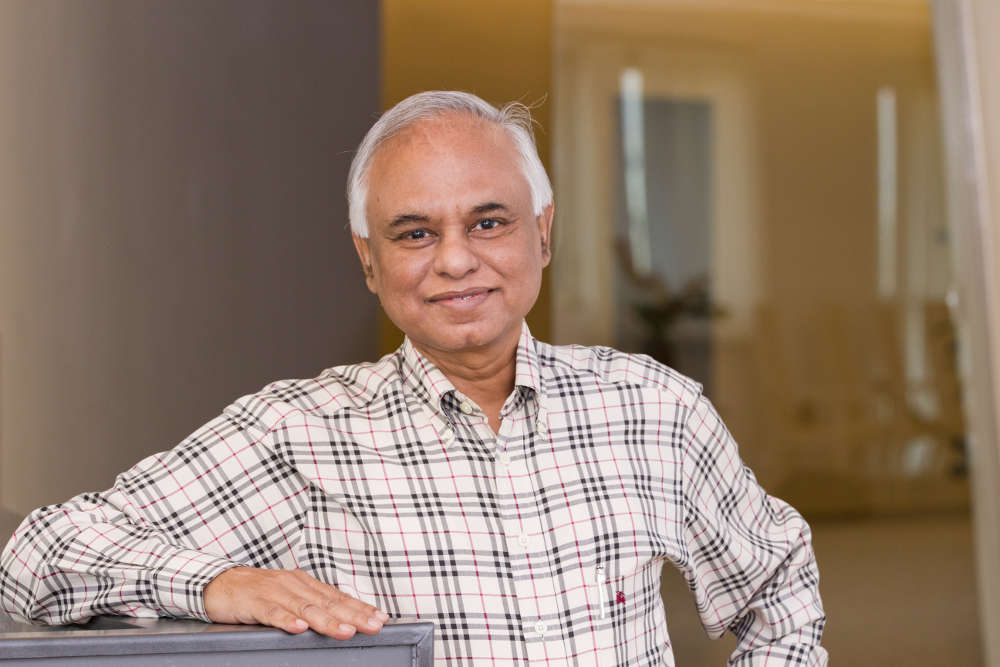The traditional Indian drinks brand Paper Boat launched in 2013 and has tasted success in a very short number of years—in the process carving out an entirely new segment in the beverages industry.
In this video, Neeraj Kakkar who dreamt up the idea and Shripad Nadkarni who converted it into a brand, talk about the brand philosophy they live by; their magic formula for getting people to prefer Paper Boat; the things they had to unlearn along the way—and what they have learned from tech companies and Zara.
(Kakkar is the co-founder and CEO at Hector Beverages, the company behind the brand. Nadkarni is an independent investor. He is co-founder of brand consultancy MarketGate and was marketing head of Coca-Cola India in an earlier stint. Kakkar too has worked at Coca-Cola.)
‘Alive’ and ‘authentic’ were the two attributes that Nadkarni determined Paper Boat ought to have. “Every single thing we have done since then—communication, packaging design, recipe, processes, ingredients—is with these two words in mind,” says Kakkar. “Alive for us is contemporary, young, fashionable, cool. Authentic is pure, natural.”
Nadkarni says what has helped Paper Boat is that it was able to tap into something deep in the consumer’s psyche—“a longing for simpler, uncomplicated times”.
“Products are easy to replicate.” He says. “The kind of feelings consumers have and they articulate about the brand shows that it's a much loved brand beyond the product.”
“There is authenticity beyond the product as well,” Nadkarni adds. “There is authenticity of emotions. If you tap into a powerful human emotion, you don’t need a lot of money, but you need consistent work. And that is what has helped Paper Boat.”
Another way they hold to the “authentic” promise is by having a tight control over the ingredients, recipes, and processes—that’s why they chose to set up their own manufacturing plants, says Kakkar.
On what they have learnt from tech companies? “Keep adapting all the time based on feedback,” says Kakkar. And from Zara? Keep interest alive by introducing seasonal/festival products that are on shelves for a short time.
(This post first appeared on FoundingFuel.com)
-----------
About The Author:
In this series, Rajesh Srivastava, Business Strategist and Visiting Faculty at IIM Indore gives you a regular dose of strategy case studies to help you think and keep you one step ahead as a professional as compared to your peers. Rajesh is an alumnus of IIM Bangalore and IIT Kanpur and has over 2 decades of experience in the FMCG industry. All previous Strategy with RS posts can be found here.

